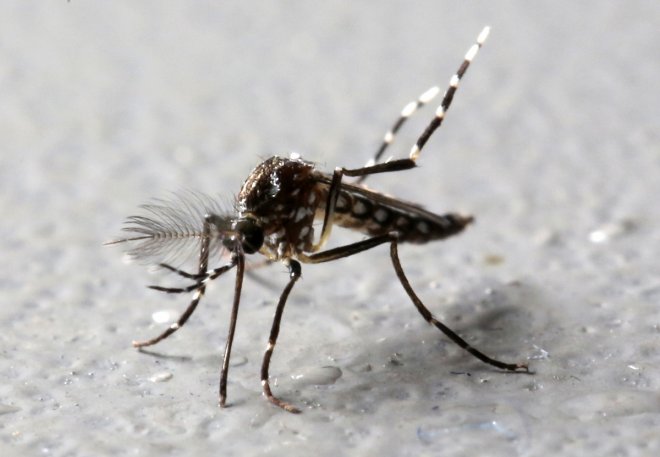
Thailand's health officials said on Wednesday that 33 new Zika virus cases have been detected in the country and the officials were ordered to step up screenings for groups, which are at high risk from the virus, such as pregnant women.
"We confirmed 33 new cases last week and have detected the virus in two further provinces," Suwannachai Wattanayingcharoenchai, Ministry of Public Health spokesman told Reuters.
Suwannachai said Zika awareness campaigns have been increased across the country as many people have gone to Bangkok to take part in the national mourning activities for King Bhumibol Adulyadej, who passed away on 13 October.
"This is a period of movement with people coming to the capital from the provinces to take part in various activities," he said.
"We have to remind them that Zika is a silent disease and some people won't have symptoms," he added.
In September, Thailand was the first country in Southeast Asia to confirm Zika-linked microcephaly cases and has one of the highest number of Zika cases in the region.
Microcephaly, which is caused by Zika virus, is a condition that results in babies being born with small heads and other birth defects.
Zika spreading throughout Asia
Other South-east Asian countries have reported dozens of Zika infected cases including Singapore where 450 Zika cases have been reported in 2016.
Since January, Thailand has reported more than 680 cases of Zika however, the country's Department of Disease Control claims that the virus is manageable.
Myanmar confirmed the first case of a Zika virus-infected pregnant woman last month. The nationality of the woman was not disclosed by the authorities. She had been living in Myanmar for several years.
The connection between Zika and microcephaly was first discovered in Brazil, which has confirmed more than 1,900 cases of microcephaly.
In case of adults, Zika infections have also been linked to a rare neurological syndrome known as Guillain-Barre, as well as other neurological disorders.
There is no treatment or vaccine for Zika infection yet. Companies and scientists are working to develop a safe and effective vaccine for the virus. Zika is commonly said to be a close cousin of dengue and chikungunya.
According to the World Health Organisation (WHO), people infected with Zika can have symptoms including mild fever, skin rash, conjunctivitis, muscle and joint pain, malaise or headache. These symptoms of Zika normally last for two to seven days.
But reports show that an estimated 80 percent of Zika infected people do not have any symptoms. This makes it more difficult for people to understand whether they have been infected, especially for pregnant women.









